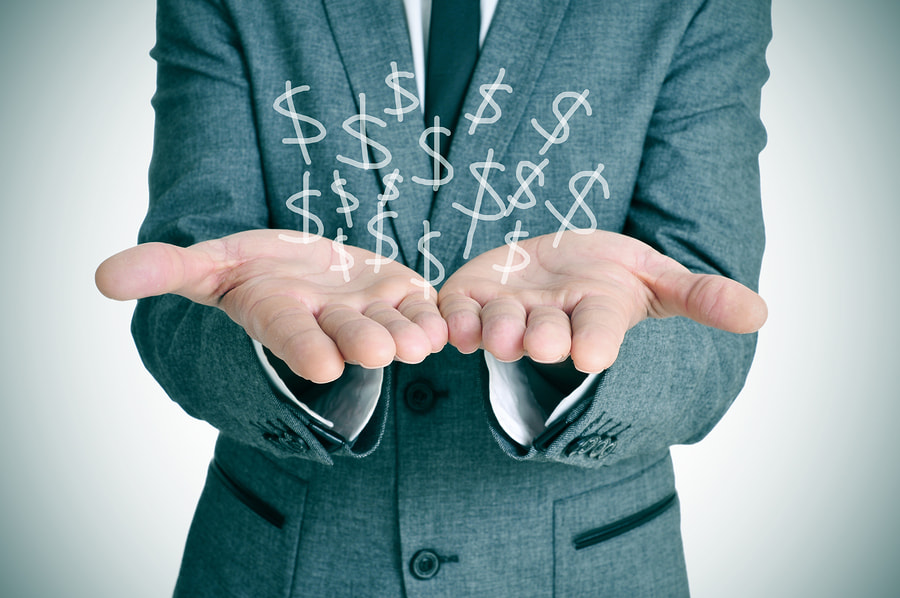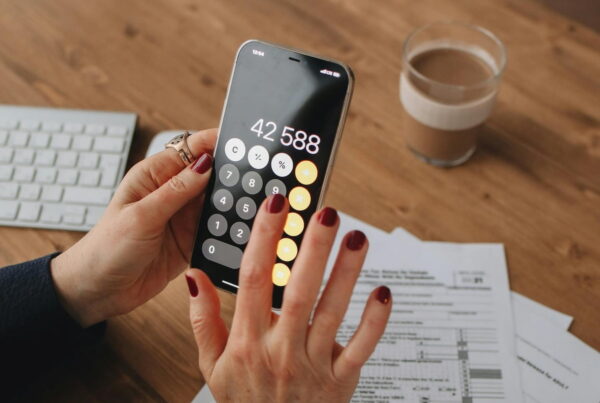Peer-to-peer lending is when two parties enter into a monetary agreement without bringing a financial institution into the deal as well. One person loans another person (rather than a company) a lot of money, without bothering with banks. Generally, these are unsecured (meaning there is no collateral, like a house or expensive jewelry) rather than secured (the borrowing party does offer up collateral). Often abbreviated as P2PL, these are very common for buying cars or houses, post-secondary education, and payday loans, but also business loans.
The legality of this practice varies from country to country, which is made more complex by the fact that an online platform is generally used to check the credit of the borrowing party and facilitate the loan. The interest rate might be based on that credit score or different lenders will compete for the lowest interest rate, if many people are interested in lending money to the purpose. Two of the most highly regarded websites for this purpose in the United States are The Lending Club and Prosper Marketplace, although there are many others.
While in its infant stages, P2P lending was largely exactly that — peer-to-peer — larger institutions have disrupted this flow. Big banks and big business have begun to wend their way into what was intended to be help for small people from slightly less small people. While there are merits and disadvantages to this slow takeover, it nevertheless very often means that loans are issued faster and more efficiently than they had been in the past.





